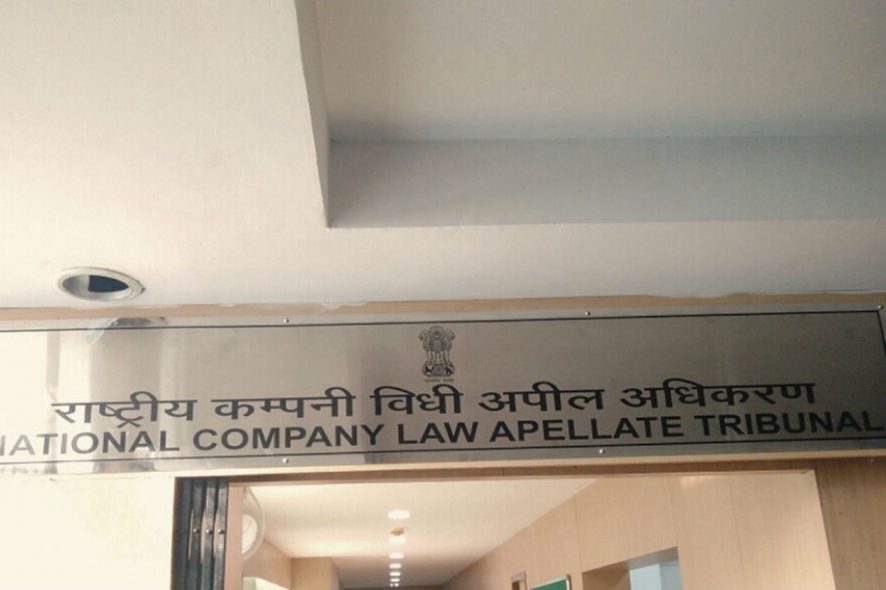National Company Appellate Tribunal (NCLAT): A Bench of Justice S.J. Mukhopadhaya, Chairperson and Justice A.I.S Cheema, Member (Judicial) and Kanthi Narahari, Member (Technical) dismissed an appeal filed by the Resolution Professional of PRC International Hotels (P) Ltd. against the decision of the National Company Law Tribunal, Chennai whereby it had accepted the claim of the Financial Creditor in its entirety.
Initially, the Resolution Professional, S. Rajendran, collated the claim of the Financial Creditor and held that the claimed amount as “Nil”. Against such determination, the Financial Creditor filed an application under Section 60(5) of the Insolvency and Bankruptcy Code, 2016, before the National Company Law Tribunal, Chennai. The NCLT, after considering the records and notice to the Resolution Professional, accepted the total claim of the Financial Creditor. Aggrieved thereby, the Resolution Professional filed by the instant appeal.
The Appellate Tribunal was of the opinion: “the ‘Resolution Professional’ had no jurisdiction to “determine” the claim as pleaded in the Appeal. He could have only “collated” the claim, based on evidence and the record of the ‘Corporate Debtor’ or as filed by Jonathan Mouralidarane (‘Financial Creditor’). If an aggrieved person thereof moves before the Adjudicating Authority and the Adjudicating Authority after going through all the records, comes to a definite conclusion that certain claimed amount is payable, the ‘Resolution Professional’ should not have moved in Appeal, as in any manner, he will not be affected.”
In such view of the matter, the Appellate Tribunal dismissed the instant appeal filed by the Resolution Professional. It was also stated that the Appellate Tribunal was inclined to impose costs, but on request of counsel for the Resolution Professional, no costs were imposed. [S. Rajendran v. Jonathan Mouralidarane, 2019 SCC OnLine NCLAT 758, decided on 01-10-2019]








The verification of claims by IRP/RP continues to be a grey area giving room for litigation. The Board may bring in some guidelines empowering IPs to decide the claims decisively to maximize wealth to all stakeholders.
With the utmost respect to Hon’ble Members of NCLAT, they appear to have misread or rather misunderstood Swiss Ribbons. The Hon’ble Supreme Court did not state that the RP has no power to verify and determine the claim and amount thereof, but only that his powers are administrative and not adjudicatory. The very fact that the RP has to compile a list of creditors stating the amount claimed and the amount admitted means that he necessarily has the power to determine what amount, if any, could be verified and admitted. The decision will, however, be only an administrative decision and not an adjudication. Therefore, an original suit or application under Section 60 (5) may be filed as distinguished from an appeal from an adjudication. In CoC of Essar Steel Limited the Apex Court has clearly stated that all claims must be submitted to and decided by the RP. Only the decision will be administrative and not judicial. It may be noted that decision of a claim by the Liquidator is adjudicatory and therefore an appeal lies from his decision under Section 42 IBC.
With the latest amendments to section 30(4), wherein it is mandated that the resolution plan funds have to distributed as per the priority given in section 53(1) and the value of security . In case the claims are not properly determined by the RP, the same will adversely affect the rights of claimants having low priority in section 53(1). Now the code have conflicting provisions as far as verification of claims in resolution process is concerned.
Very relevant brief in scconline on land mark decisions